Parliament
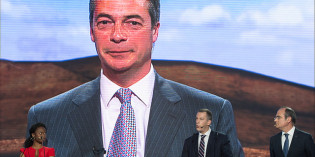
20 things we learned about democracy in June 2014
June 2014 proved to be another eventful month for democracy, with revelations about security, surveillance, Scottish independence, and the European Parliament and local elections. Here, Sean Kippin rounds up 20 interesting nuggets of information which made themselves known this month. Similar Posts20 things we learned about democracy in January 2015Interview part 2: Tim Bale on Ed […]
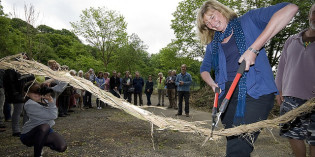
The election of Sarah Wollaston as Chair of the health committee illustrates the changing nature of the committee system
The Commons select committee system has just received a further injection of new blood in the person of former GP and Conservative back-bencher Dr Sarah Wollaston MP. The Institute for Government’s Hannah White asks what her election as the new Chair of the health select committee tells us about the way the system is changing. Similar […]

The first draft of Scotland’s interim constitution does little justice to the magnitude of the changes envisaged
The Scottish Government yesterday published their draft plan for the constitution of an Independent Scotland. As well as dealing with the political arrangements in the event of a ‘Yes’ vote in September, it also suggested that such a document would enshrine various social and economic rights, as well ensuring that the country became, and remained, […]
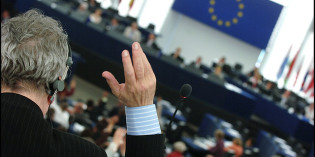
The European Union does not have a democratic deficit – it has a democratic surplus
The European Union has often been accused of having a ‘democratic deficit’. Sir Robert Cooper writes that what the EU actually suffers from is a ‘democratic surplus’: elections are held, but turnout remains extremely low due to a lack of interest among citizens. As national parliaments appear to bring greater legitimacy than the European Parliament, […]

The rise of multi-party politics heightens the chances of a perverse and unrepresentative outcome in next year’s General Election
The UK has seen elections three times since the First World War which have produced outcomes in which one party has won more seats, but finished second in vote share. Alun Wyburn-Powell argues that Britain’s First Past the Post electoral system could be set to produce a similar outcome at next year’s General Election, with the increasing […]

Motions of no confidence can negatively impact upon the public’s view of the Government
Motions of no confidence are used sparingly in the UK, with their use tending to be reserved for moments of acute political crisis for the Government, such as the resignation of Margaret Thatcher or the collapse of a cross-party agreement. Here, Laron K. Williams and Zeynep Somer-Topcu draw on research from a recent article they co-published […]
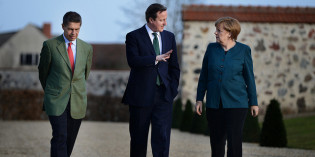
The limitations of data make it impossible to know exactly what percentage of the UKs laws are made in the EU
Those who argue against Britain’s continued membership of the European Union frequently highlight the percentage of UK law which in some way originates with the European Parliament, with their opponents arguing that these numbers are overstated. In the recent TV debates between Nick Clegg and Nigel Farage, the two wrangled over the figure, with the […]

The most successful Select Committee in the last parliament is now the most degraded
The Public Adminstration Committee is tasked with overseeing the work of Government oversees the work of the civil service and of government administration. In the previous 2005-2010 Parliament it was Chaired by the-then Labour MP Tony Wright. Committee member then and now Paul Flynn argues that the current chair Bernard Jenkin has overseen a decline in the […]
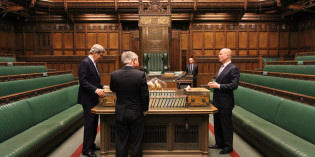
Robust and partisan Parliamentary events like Prime Ministers Questions increase engagement with politics
Prime Minister’s Question time is often seen as representing the worst of British politics, with MPs regularly accused of acting like baying children in an attempt to intimidate their rival’s leader. But while this spectacle may be unedifying, Rob Salmond‘s research shows that PMQs and similar legislative sessions across the world increase engagement with politics […]
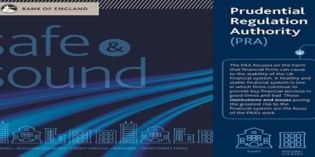
We should view democracy as a set of interconnected systems, spanning politics, the law, civil society, the market and regulation
Most recognize that democracy is much wider than just politics and elections. In this post, Frank Vibert argues that democracy comprises multiple, interdependent systems including the law, civil society and the market, which are in a constant state of flux and tension. He also explores the idea that ‘regulation’ is another system integral to democracy, […]


 Democratic Audit's core funding is provided by the Joseph Rowntree Charitable Trust. Additional funding is provided by the London School of Economics.
Democratic Audit's core funding is provided by the Joseph Rowntree Charitable Trust. Additional funding is provided by the London School of Economics.